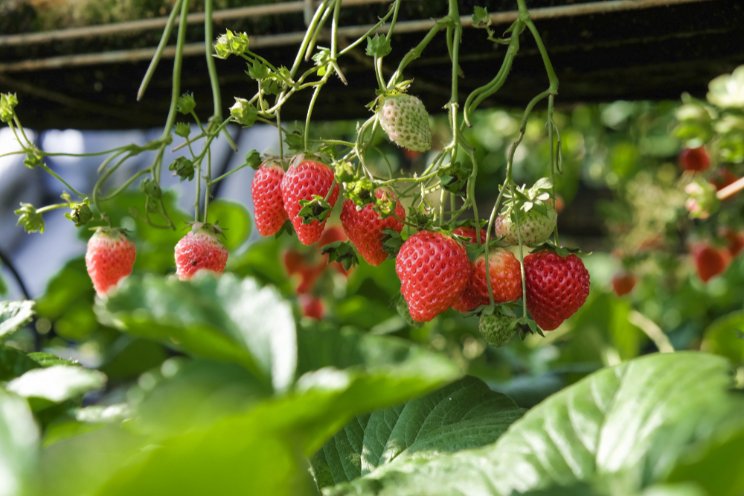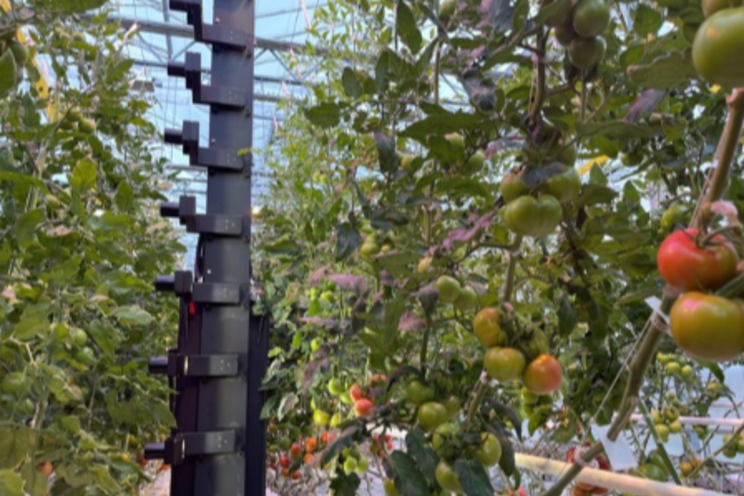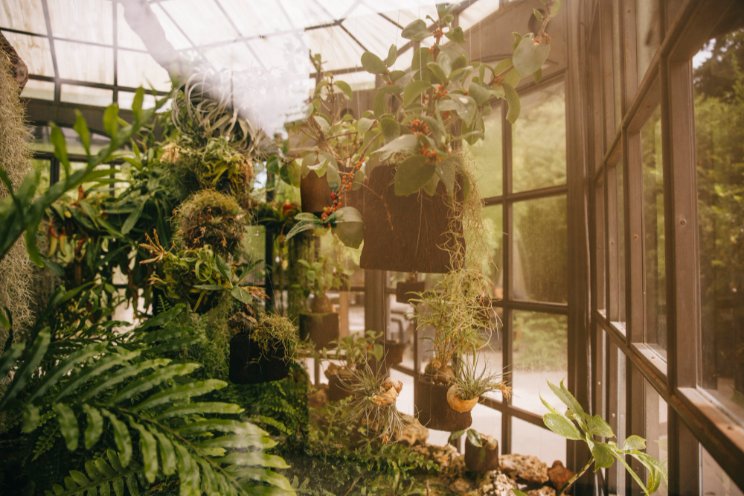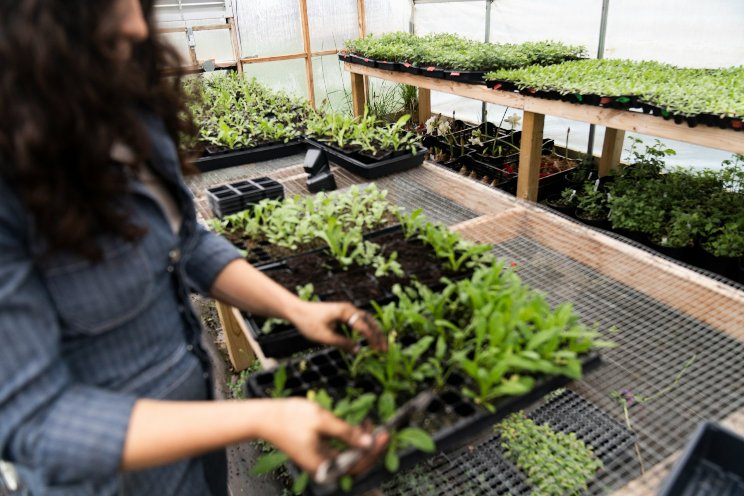Climate change, small producers and a different flavour for every market
Added on 07 February 2025

Costa Rica: Pineapples for every taste and many new products
"Costa Rica is the largest exporter of pineapples in the world and the second largest exporter of bananas. One reason for our success is that we can offer special pineapple fruits, for example, that are completely customised to the preferences of the respective market. Some countries prefer small pineapples, in others yellow pineapples are in demand instead of green ones. We have also developed the pink pineapple. In bananas, we are developing new management systems and cultivars in order to prepare ourselves for climate change and become more resilient. Our exports should continue to grow - including new products such as sweet potatoes, ginger and manioc."
Daniel Díaz Flores, Director at Procomer for the Netherlands and Northern Europe
Chile: cherries for China, apples for the world
"Our most important focus is on the flavour of our fruit - we have already added 70 per cent new varieties of grapes and 30 per cent of blueberries. We are a country that is very remote. That's why our varieties have to have a long shelf life and be firm to the bite. We try to cover pretty much the whole world with roughly the same amount of fruit. 30 per cent of our exports go to Asia, 30 per cent to North America, 20 per cent to Europe and 20 per cent to Latin America. We ship cherries and plums to China, grapes and citrus fruit to the USA, and apples all over the world. Our goal at FRUIT LOGISTICA is to further increase our export volume to Europe. Currently, our volume is already more than ten per cent higher than in the same period in 2023/24."
Iván Marambio President of Frutas de Chile
Brazil: Bringing small producers into the export market
"An important issue for us is: what does it take to turn a producer into an exporter? It is often very difficult for small or medium-sized farms to get involved in the international market. But as soon as companies take the plunge and invest in the framework conditions and infrastructure, the lives of farmers change significantly. The region around Petrolina, for example, used to be very poor. Then the farmers there trained themselves and went into exports - suddenly a better life was possible, with access to culture and education. I firmly believe that the fruit industry not only brings wealth, but also distributes it widely and fairly to everyone in society.”
Jorge de Souza, Project Manager at Frutas do Brasil
Ecuador: Broad diversification is particularly important
"One of our main objectives is to diversify our markets. Particularly under the current conditions, broad diversification is important. We have many opportunities to expand our fruit portfolio. We not only have bananas, but also blueberries and dragon fruit. It is crucial for us to remain competitive. We try to make a world-class offer, not only in terms of the product, but also in terms of logistics, fertiliser and plastic. But we also have to be profitable with the regulations, the certifications and all the sustainability challenges. Unfortunately, bananas are often sold below value to attract customers. But sustainability comes at a high price. We go to great lengths to control the entire logistics chain. Safety issues play a major role."
Luis Alberto Jaramillo Granja, Minister for Production, Foreign Trade, Investment and Fisheries
Peru: More sustainability and a window for smaller producers
"Avocado, mango, grapes - we are currently exporting a lot of all these products, but also berries. The production of blueberries in particular, but also grapes, is growing. We are increasingly focussing on environmental friendliness and are following the trends towards greater sustainability, including with new certifications. The great advantage of our coastal region is the infrequent rainfall. This means we have to use far fewer pesticides and protective agents. However, climate change could have a major impact on us. One or two degrees more global warming and there would be more rainfall there too."
Erick García, Director Promperu in Germany
More news















